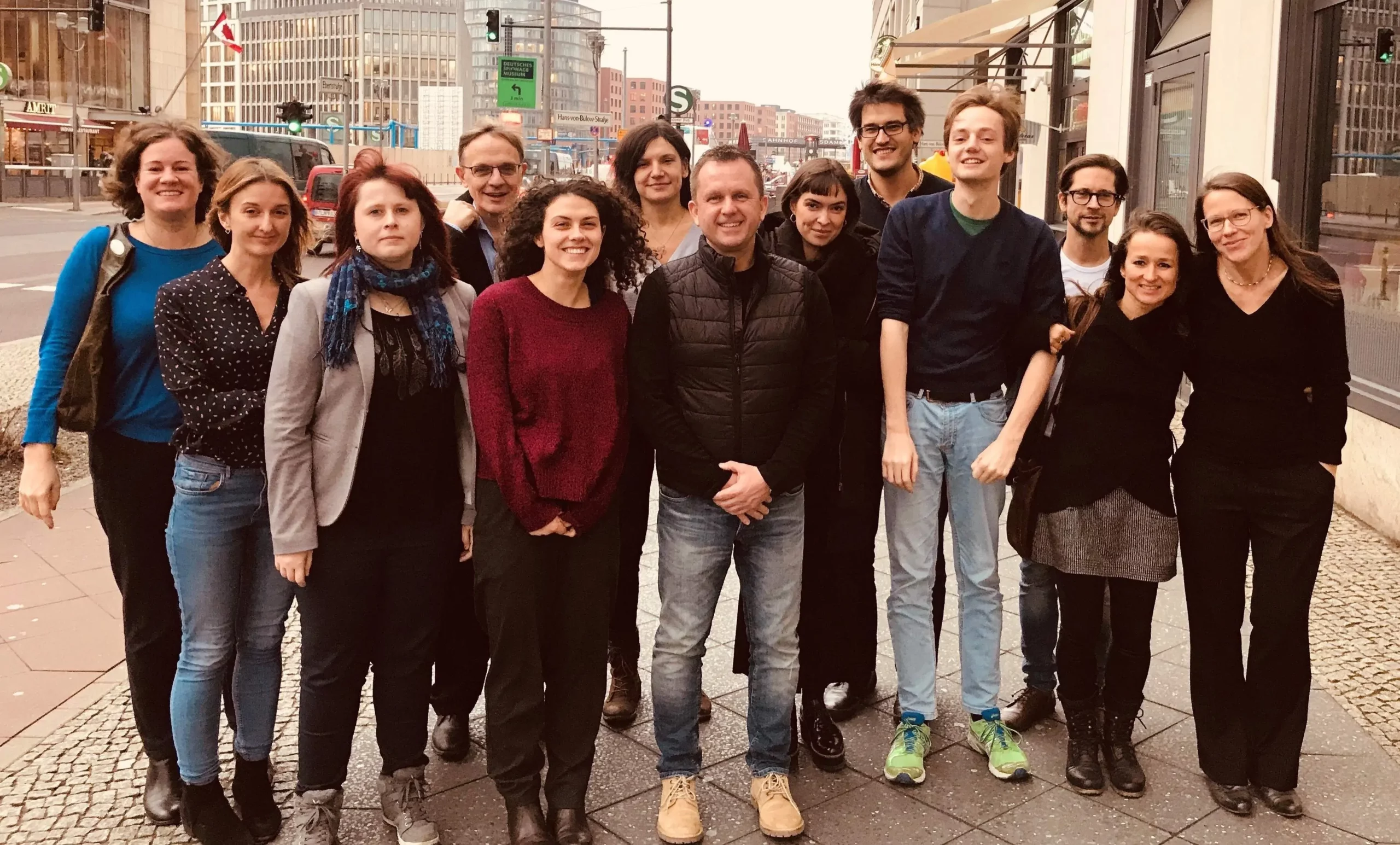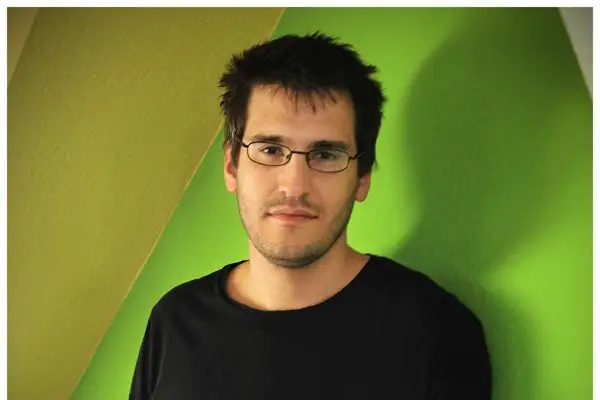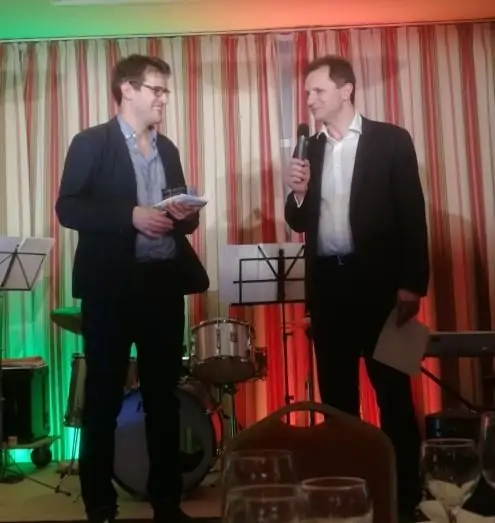Interview: Journalism Fellow Wins Award
Gergely Nagy is a Hungarian journalist who participated in the EUKI-financed project “Climate Fellowships for Journalists from Central and Eastern Europe”. During his fellowship, he wrote an article about the Energiewende (energy transition) in Germany. The Hungarian Energy Traders Association awards a prize every year to the journalist who writes the best energy report of the preceding year – and Mr. Nagy’s article won the award.


In his article, he provided a broad and easy-to-read overview of the German Energiewende for a Hungarian readership, including different aspects in his analysis, such as politics, the society and the antinuclear movement.
Can you tell us how your interest in the topic of your article developed? Why did you decide to conduct research on it?
I wrote this article during the EUKI fellowship programme. It was my first article about the Energiewende in Germany. I wrote it for a Hungarian readership. Sometimes the German energy transition is mentioned through journalists or experts in Hungary, but I think the concept of energy transition needs to become much more relevant in this country. The Energiewende seems vague and its various parts are not well defined. My aim was to create an easy-to-understand overview of this topic.
You recently won an award for this article from the Hungarian Energy Traders Association for the best energy article of 2018. What does winning the award mean for you?
I do not like to exaggerate the significance of any award, but of course, it was very good feedback. And this award is important to me because professional experts judged it. The fact that it was energy experts and not journalists who awarded it, made it pleasantly unexpected. Their choosing me was justified by the fact that I managed to explain the complex topic in an easy-to-read way, so that a wider audience could understand what energy transition actually means.
How did you find out about the EUKI fellowship programme and why did you decide to participate? Would you recommend it to other journalists?
Actually, I already recommended the programme to other journalists, one of whom is a friend of mine who works at a radio station in Hungary. This fellowship programme was a great experience for me. I found out about it from my chief editor. I thought it sounded very interesting so I wanted to know more about it. After reading more, I thought it was a great opportunity for me to write about energy topics, as this was already one of my favourite fields for reporting.

What do you consider the most important thing you learned or experienced during your fellowship time?
I had many good experiences during my fellowship, but if I had to pick one, it would be the challenge I set for myself. At the beginning, it was difficult to adjust and to work in a new cultural setting. I came to Germany for this programme and I did not know any experts, not much about the politicians, and nothing at all about insider points in the German energy topic. So I started with an almost-clean slate. I also had to contact people in English and not in their native language nor mine. This was a very different experience compared to how I work in Hungary. To go through the process of being in another country, having to learn all about the important players in Germany, reaching out to people in another language, and how to understand the stories that I heard in the context of another country; that was the most difficult, but also the most valuable experience.
Summing up your article, what has been the most important finding or conclusion you have made about the current aims in energy transition?
I would not speak of one big finding, but rather of an overview for a Hungarian readership that is not aware of the discussion and what is happening in Germany on this topic. Of course, the overall conclusion included the aim to reduce the carbon emissions. There was a big debate in Germany last autumn, which is still ongoing, about the coal power plants. I also highlighted this aspect in my article. Another aspect was on how Germany could replace the missing power from old energy sources, like coal and nuclear power, with renewable ones. I also focused on the social aspect of the Energiewende. So I looked at how the German society views the Energiewende and was surprised by its overall support. It is great to see how a whole society turns away from its prejudices and changes its attitude towards the topic of energy.

In your opinion what is the role of journalists in tackling climate change?
I think we (as journalists) have an important role to play, as we inform the people; and I believe that no one can inform the public as well as journalists can. The climate change is a very clear story with a clear message; we must terminate or at least try to slow down global warming. Especially in the last few years, this topic has become more pressing than before, but at the same time people know much more about it, or at least I hope they do. I believe that this is the result of many good articles, which have dealt with the issue, and the commitment of determined journalists.
Thank you for your time!
